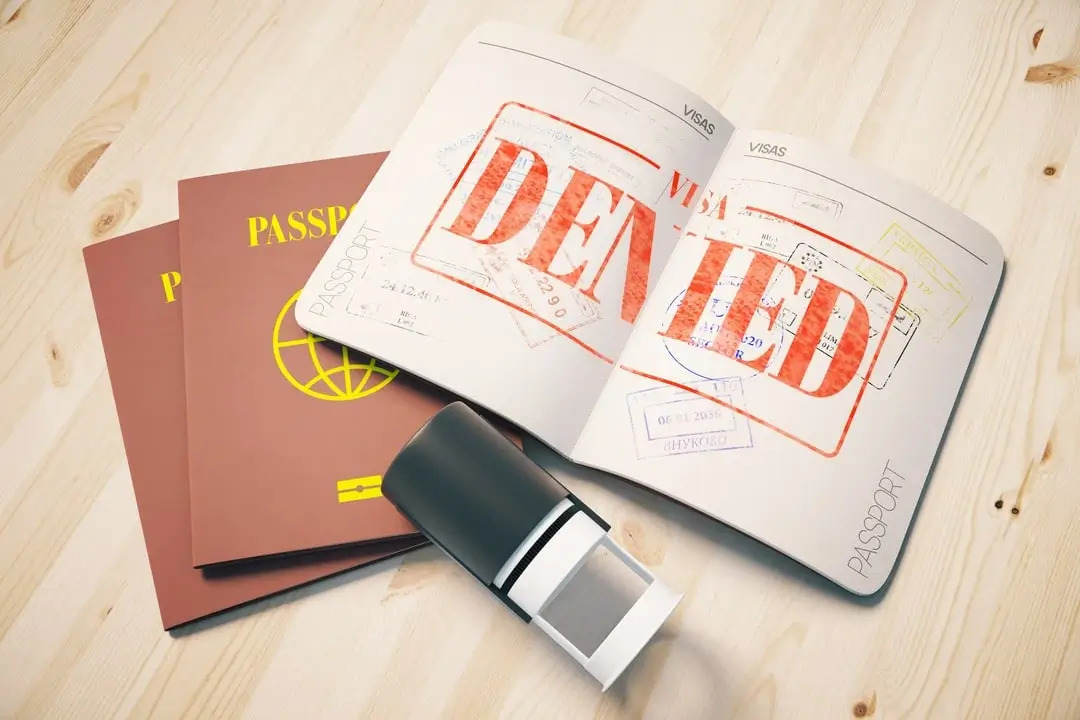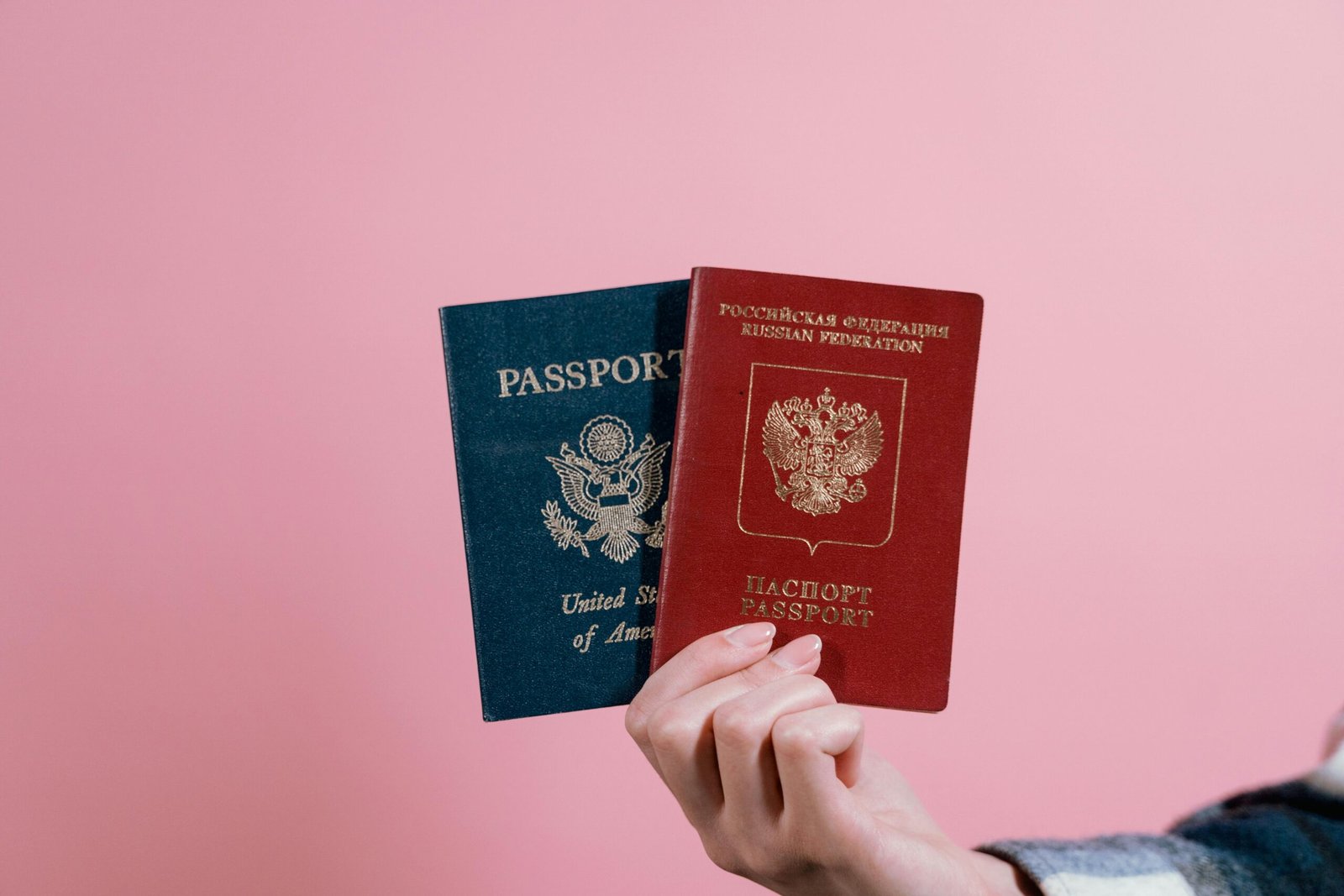Studying abroad is a dream for many students, but securing a student visa is often one of the most challenging steps. Even minor mistakes in your application can result in visa rejection, delaying or even canceling your plans.
In this guide, we’ll explore the top reasons for student visa rejection and how you can avoid them to increase your chances of visa approval.
🚨 Common Reasons for Student Visa Rejection
1. Insufficient Financial Proof
Most countries require international students to show proof that they can cover tuition fees, living expenses, and additional costs while studying abroad.
💡 Why It Leads to Rejection:
- Bank balance doesn’t meet the required minimum
- Fake or incomplete financial documents
- Funds are not in an acceptable format (e.g., loans from unrecognized banks)
✅ How to Avoid It:
- Show clear bank statements (last 6 months)
- Provide loan approval letters or scholarship proofs
- Ensure funds meet the minimum financial requirement of your destination country
📌 Example:
For a USA (F-1 Visa), students must show at least $10,000-$20,000 in their account, depending on the university and city.
2. Poor Visa Interview Performance
Some countries like the USA, Canada, and UK require students to attend a visa interview. Failing to answer confidently can raise red flags and lead to rejection.
💡 Why It Leads to Rejection:
- Nervousness or lack of confidence
- Inconsistent answers
- Unable to explain future study and career plans
- Giving memorized or fake responses
✅ How to Avoid It:
- Prepare for common visa interview questions in advance
- Answer clearly and honestly
- Explain why you chose the university and how the course aligns with your career goals
📌 Example:
💬 “Why do you want to study in Canada?”
✔️ Good Answer: “Canada has a globally recognized education system, and my chosen program in Data Science at XYZ University offers practical experience through internships, which aligns with my career goal of becoming a data analyst.”
3. Incomplete or Incorrect Documents
A missing or incorrect document is a major reason for visa rejection. Many students fail to submit proper documents, leading to application denial.
💡 Why It Leads to Rejection:
- Missing Letter of Acceptance from the university
- Expired passport or invalid travel documents
- Incomplete financial records
- Untranslated documents (if required)
✅ How to Avoid It:
- Double-check all required documents before submission
- Get official translations if your documents are not in English
- Ensure your passport is valid for at least 6 months beyond your study period
📌 Example:
For an Australia Subclass 500 Visa, you must submit COE (Confirmation of Enrollment), proof of OSHC (Overseas Student Health Cover), and a valid passport.
4. Weak Statement of Purpose (SOP)
Your Statement of Purpose (SOP) plays a crucial role in visa approval. A poorly written SOP can result in rejection.
💡 Why It Leads to Rejection:
- Lacks clarity on why you chose the course/university
- Doesn’t explain future career plans
- Contains plagiarized or generic content
✅ How to Avoid It:
- Write a clear and unique SOP highlighting your academic background, career goals, and reasons for studying in that country
- Keep it concise (500-800 words)
- Avoid copy-pasting SOP samples from the internet
📌 Example:
For a Canada Study Permit, a strong SOP must explain:
✔️ Why you chose Canada
✔️ Why the specific university/program
✔️ Future career goals and return plans
5. Doubts About Intent to Return to Home Country
Visa officers must be convinced that you plan to return home after completing your studies. If they suspect you might overstay, your visa could be denied.
💡 Why It Leads to Rejection:
- Lack of strong home ties (family, property, job)
- Giving unclear or vague answers about post-study plans
✅ How to Avoid It:
- Mention family ties and future plans in your SOP
- Show job prospects in your home country after studies
- Avoid saying things like “I want to settle permanently.”
📌 Example:
❌ Wrong Answer: “I may stay back if I get a good job.”
✔️ Right Answer: “After completing my course in the UK, I plan to return to India and work in the IT sector.”
6. Low Academic Scores or English Proficiency
Most countries require proof of academic excellence and language proficiency (IELTS, TOEFL, PTE). If your scores are too low, your visa might be rejected.
💡 Why It Leads to Rejection:
- Not meeting the minimum IELTS/TOEFL requirement
- Low GPA or poor academic record
- Applying for a course that doesn’t match your background
✅ How to Avoid It:
- Ensure your IELTS/TOEFL score meets the university’s requirement
- If you have a low GPA, explain it in your SOP (mention extracurriculars or internships)
- Apply for a related course to your previous education
📌 Example:
For a UK Student Visa (Tier 4), you typically need:
✔️ IELTS 6.0 or above
✔️ A strong academic background
🚀 Final Tips to Avoid Student Visa Rejection
✅ Apply Early: Start the visa process at least 3-6 months before your course begins.
✅ Check Official Guidelines: Follow the embassy website of your destination country.
✅ Seek Professional Help: Consult a study abroad expert if needed.
✅ Prepare for the Interview: Practice common questions and answer confidently.
📌 Need Help with Your Student Visa? Contact our experts today for personalized visa guidance!



